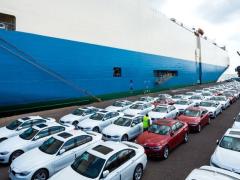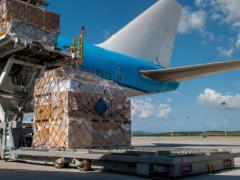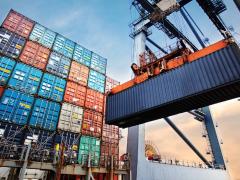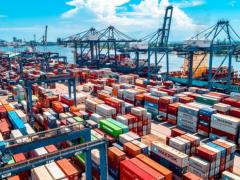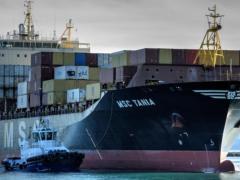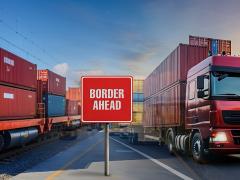Companies looking for new export markets to replace lost American sales may find opportunities through the trade agreements in place with the European Union (EU) and the United Kingdom (UK). The oldest is the Trade, Development and Cooperation Agreement (TDCA), which was signed in 1999. The EU liberalised 95% of duties on South African products by 2010, and South Africa liberalised 86% of duties on EU products by 2012. The agreement covered five areas of cooperation: political dialogue, development, trade and trade-related areas, economic and cooperation in other areas. In October 2016, it was replaced by the SADC- EU Economic Partnership Agreement (EPA). Under this EPA, about 98% of South African goods enter the EU tariff-free, including key exports such as wine, citrus and automotive components. In return, South Africa offers partial liberalisation, with some sensitive sectors protected. Since 2016, EU-South Africa trade has increased by 29%, according to the European Commission, with SA gaining the most. EU imports from SA rose by 44% between 2016 and 2024, and EU exports to SA by 18%. South Africa is the EU’s biggest trading partner in sub-Saharan Africa, with €49 billion (R1 trillion) total trade in goods in 2024. SA’s primary exports to the EU are machinery and transport equipment, fuels and mining products, and precious metals and articles. Leading the pack at 22% of overall trade is the automotive sector, which exported vehicles and components worth €10bn (R206bn) in 2024. EU exports to South Africa are dominated by machinery and appliances, transport equipment, and chemicals and allied industries. Almost half of SA’s foreign direct investment originates in the EU. The agreement received a boost during the 8th South Africa-EU Summit held in Cape Town in March. European Commission president Ursula von der Leyen announced a €4.7bn (R96bn) EU Global Gateway Investment Package to support mutually beneficial investments through grants and public and private loans. The focus areas are just energy transition, strengthening the connectivity infrastructure, and improving South Africa’s vaccine production capacity. Energy transition is supported by the Clean Trade and Investment Partnership (CTIP), which focuses on strategic sectors such as clean technology, raw materials (eg, green hydrogen), and sustainable supply chains. Following Brexit, a separate agreement is now in place between the United Kingdom and the Southern African Customs Union member states. The SACUM-UK EPA, signed in 2021, provides SA exporters with enhanced access for wines and sugar in the UK market compared to the SADC-EU EPA, according to the Directorate of International Trade Promotions. ER
Trade agreements in focus as US tariffs bite
Comments | 0

